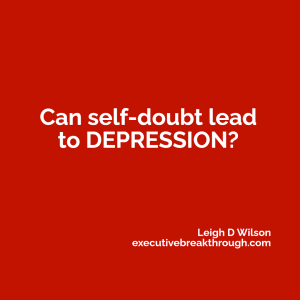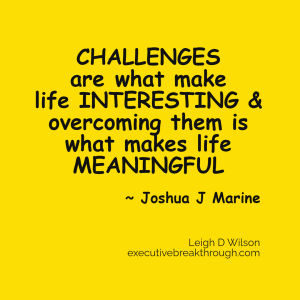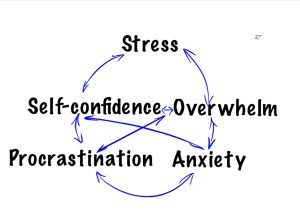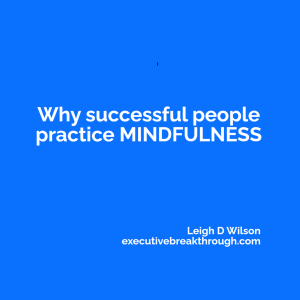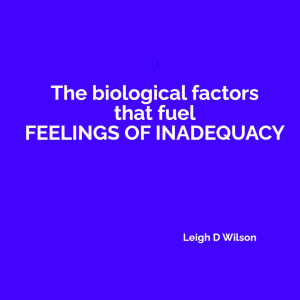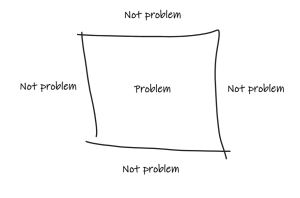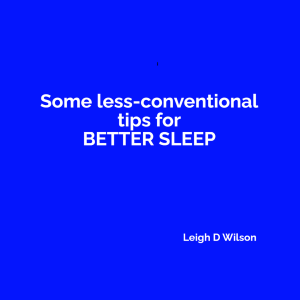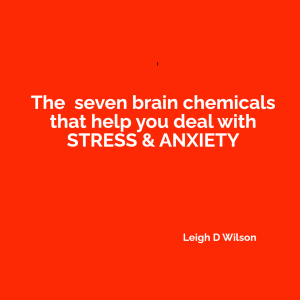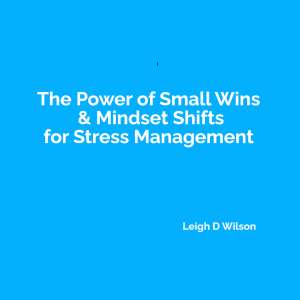“What-if” thinking is a common response to trauma, creating imagined scenarios to anticipate danger. While it’s a natural protective instinct, it can evolve into hyper-alertness, posing potential problems.
For example, you might picture being attacked at a party or betrayed by someone you trust. This imagined scenario triggers the brain to prepare for the threat, causing an increase in heart rate, muscle tension, and irregular breathing.
Consequently, the anticipation of potential danger often leads to avoidance of the situation altogether.
While foresight is valuable, overreliance on this ‘what-if’ strategy can paradoxically make you more reactive and fearful, contrary to the intended outcome of helping you feel safer.
Some people resort to “what-if” thinking because it seems to offer control over unpredictable future events. Most of the imagined scenarios, though plausible, are statistically unlikely.
For instance, although it’s possible to be attacked at a store, the odds are quite slim.
Moreover, “what-if” thinking tends to focus only on negative outcomes, neglecting the potential for positive scenarios.
Furthermore, while the intention might be to help you prepare for some feared situation, over time, this thinking pattern becomes an ineffective preparation strategy.
And, while constantly avoiding potentially dangerous or unpleasant situations might create an illusion of safety, it can also stop you from fully participating in life.
A healthier alternative to “what-if” thinking is a “what-is” strategy, which focuses on the present moment.
When plagued by anxiety-inducing hypothetical situations, you can challenge these thoughts by acknowledging that the feared scenario isn’t happening in that moment, and then describing the current, tangible reality (e.g., “I am preparing to go to the store”).
This method can ground you in your immediate surroundings, reminding you that, in this moment, you are safe.
Ultimately, it’s essential to trust in your capacity to react appropriately when genuine threats arise. But in the meantime, live in the present, assuring yourself, “In this breath, I am okay.”
Practice mindfulness by acknowledging what’s happening in each moment, confronting any “what-if” thoughts, and focusing on the here and now. It’s a journey towards staying present, embracing calmness, and breathing.
If this type of hyper-vigilant thinking is a problem for you, maybe we should chat.
Adapted from: https://www.psychologytoday.com/us/blog/healing-sexual-trauma/201908/the-allure-and-trap-anticipating-danger
#selfdoubt #imposter #anxiety #stress #worry #overwhelm #fear #procrastination #selfesteem #selfconfidence #emptiness #loneliness #failure #sadness #guilt #selftalk #burnout


